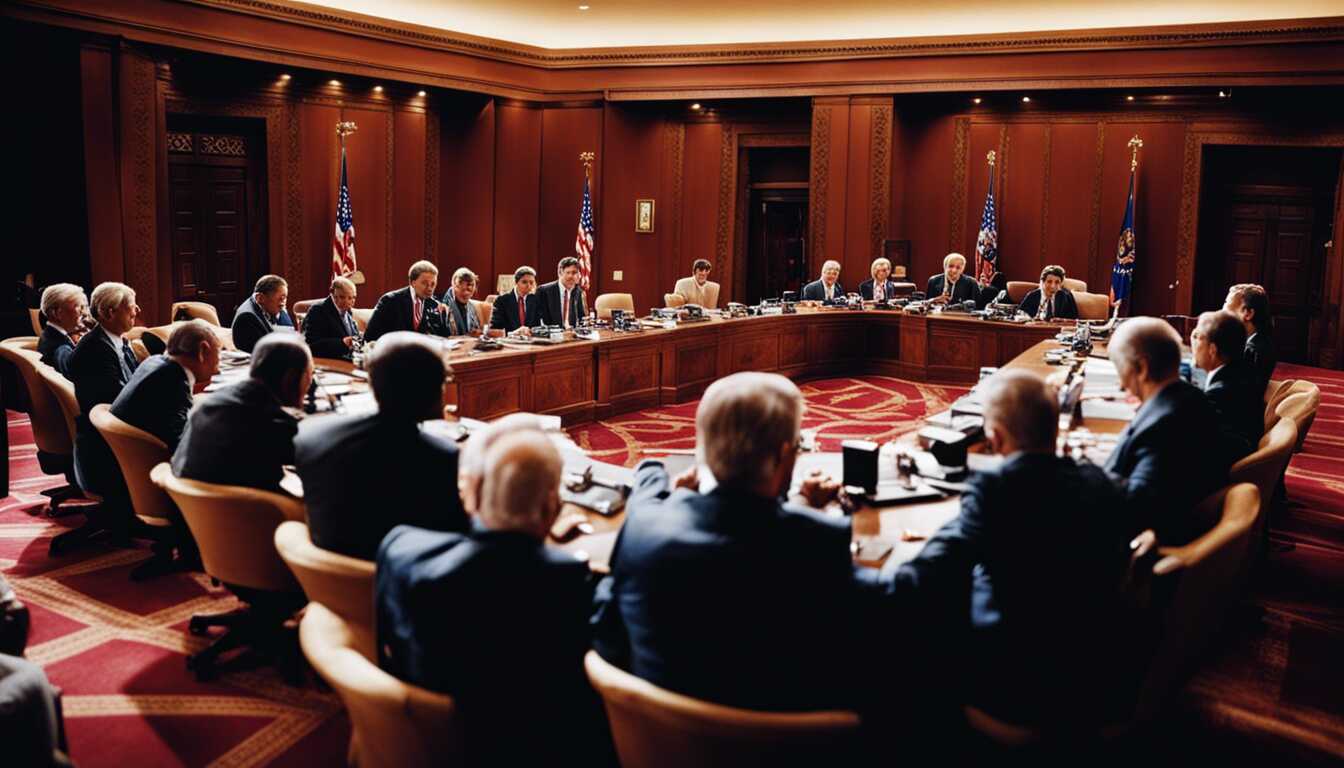
Ukraine Aid Bill in Limbo as Senate Republicans Stall on Foreign Aid Supplemental

Schumer Extends Deadline for Senate Republicans on Foreign Aid Decision
Senate Majority Leader Chuck Schumer has extended the deadline for Senate Republicans to come to a decision on whether they will support a significant foreign aid supplemental, deferring a critical vote until Thursday.
Stance of Senate Democrats
Schumer has reassured that regardless of the Republican stance, the Senate will proceed with the vote on Thursday. Senate Majority Whip Dick Durbin has emphasized the Senate's patience, stating, "We're waiting for the Republicans to tell us what's next."
Challenges in Securing Votes
The initial procedural vote on Wednesday saw the Senate clearing a hurdle with a 58-41 vote, but complications arose as the subsequent vote requires 60 votes for advancement. Several Republicans initially inclined to support additional aid for Ukraine, Israel, and Taiwan ended up voting against the motion, indicating the challenges ahead in securing the necessary votes.
Stalled Negotiations and Influence of Former President Trump
Despite negotiations, Democrats have not received a proposal from Republicans that would pave the way for reaching the 60-vote threshold, and some Democrats are growing increasingly skeptical about the prospects of passing Ukraine funding due to the stalled negotiations. The influence of former President Donald Trump has been notable in shaping the GOP's stance on Ukraine aid and border security, overshadowing the leadership within the party.
Republican Amendments and Senate Session Extension
Following the rejection of Sen. James Lankford's bipartisan border deal, Senate Republicans are pushing for votes on amendments, including a stringent border security bill passed by the House, indicating their unwillingness to proceed without an agreement on this matter. While Democrats are open to considering Republican amendments, the party is bewildered about the Republicans' position.
Schumer has expressed openness to amendments without outlining specific terms or timelines for the Republican course of action, and it is anticipated that he is inclined to provide the votes necessary for the bill's advancement. The potential debate on amendments may prolong the Senate session into the weekend, jeopardizing the start of the scheduled two-week recess.
Challenges in Passing Amendments
The uncertainty is compounded by the possibility that proposed GOP amendments could substantially alter the bill's underlying text and present challenges for passage in the Senate, as well as in the House. Currently, none of the amendments under consideration by Republicans are anticipated to garner the required 60 votes. Democrats could also introduce their own amendments, further complicating the bill's content.
Share news















